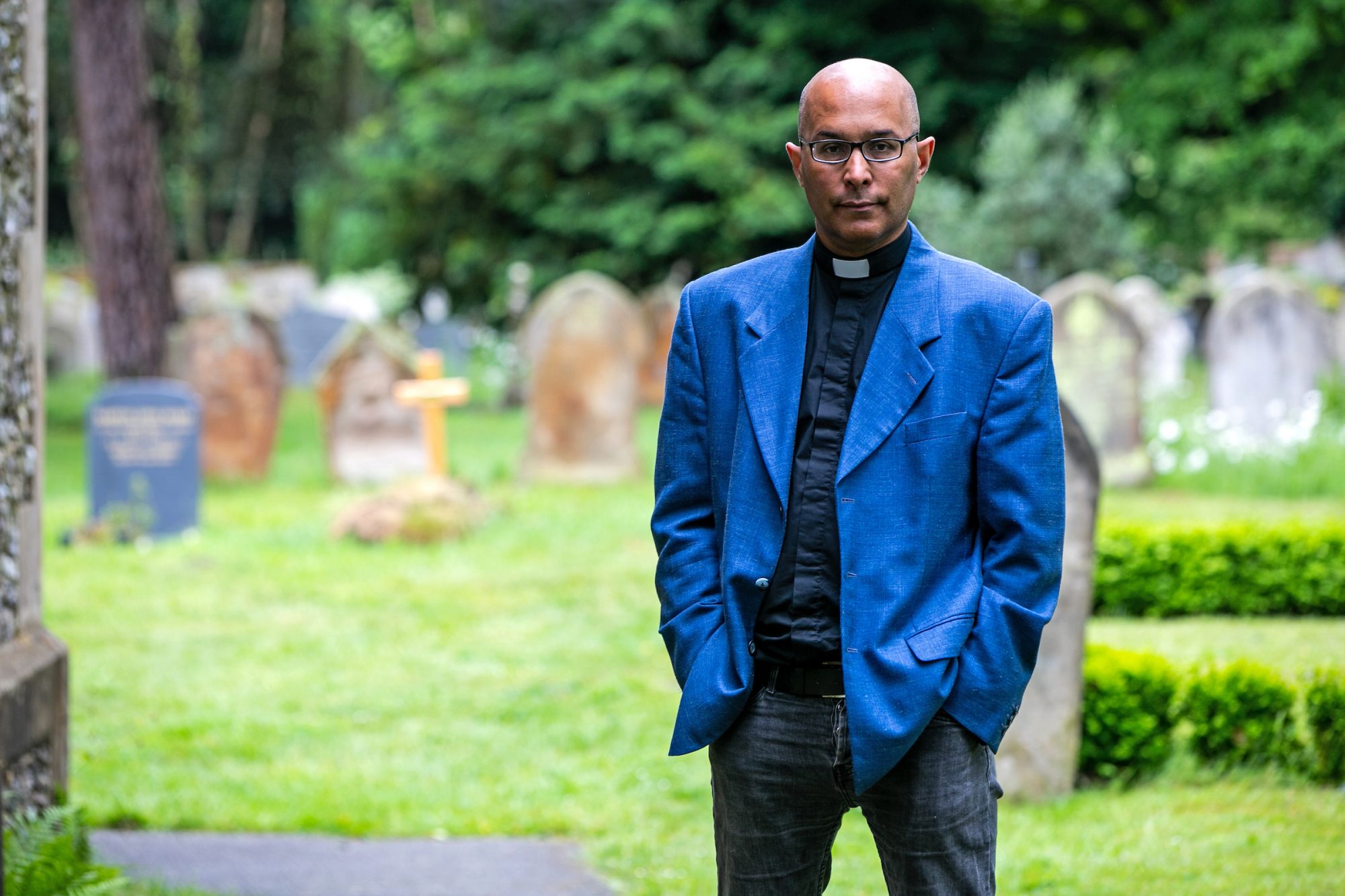Occupational psychologist Rob Archer has delivered St Luke’s Resilience Workshop to hundreds of clergy. As Director of Operations at Cognacity, the Harley Street practice which developed this workshop with St Luke’s, Rob gives his expert take on clergy wellbeing and how to boost it.
You’ve been training clergy for several years. What are the issues that you find clergy struggle with most?
I think clergy struggle with a unique constellation of demands, perhaps none of which is unique in itself, but which, when combined, do represent a considerable challenge to wellbeing. These are things like the expectations of the congregation ie you always need to be available to listen, 24 hours a day. Funeral visits and services are stressful and clergy are often criticised as you simply can’t please everyone.
What do you notice about the relationships clergy have?
Isolation is a huge factor. Many vicars are on their own in their parishes and have very little support – they have to do everything themselves. They often have very little time for their families. And they can find it difficult to make friends in the parish as some people get jealous if too much time is given to some and not others.
As I say, these demands individually are not unique. A City lawyer is under immense pressure and is often dealing with too many demands. However, he or she also generally has more clearly defined recovery periods and no one knocking at their door or helping themselves to the contents of their cupboards!
Do you find clergy are ‘in denial’ over any issues particularly? If so, how does St Luke’s Resilience Workshop help clergy to understand the need to reset their thinking and practice?
I think it is safe to say that many clergy find it far easier to offer compassion to others than they do to themselves. In the Resilience Workshop, I use the analogy of athletes with clergy. Although I recognise these are completely different professions, I still think we can learn from the world of elite sport. In particular, athletes are disciplined about their own recovery. After a match, between seasons, during a match, athletes are looking for recovery opportunities because they know it helps them to perform.
In contrast, many clergy discount the need for recovery and simply battle on. This affects their thinking and performance in the short-term, and health in the long-term. We get used to fatigue and only once we start to recover do we notice quite how tired (and ineffective) we have been.
Why do you think resilience training is so important for the kind of work that clergy do?
Because it is rare for the helper to be helped. I always think before each workshop that if we could help each participant even by a fraction, then this would create waves of further positivity across our society as they go on to help so many others. I have such a huge respect for the work clergy do.


